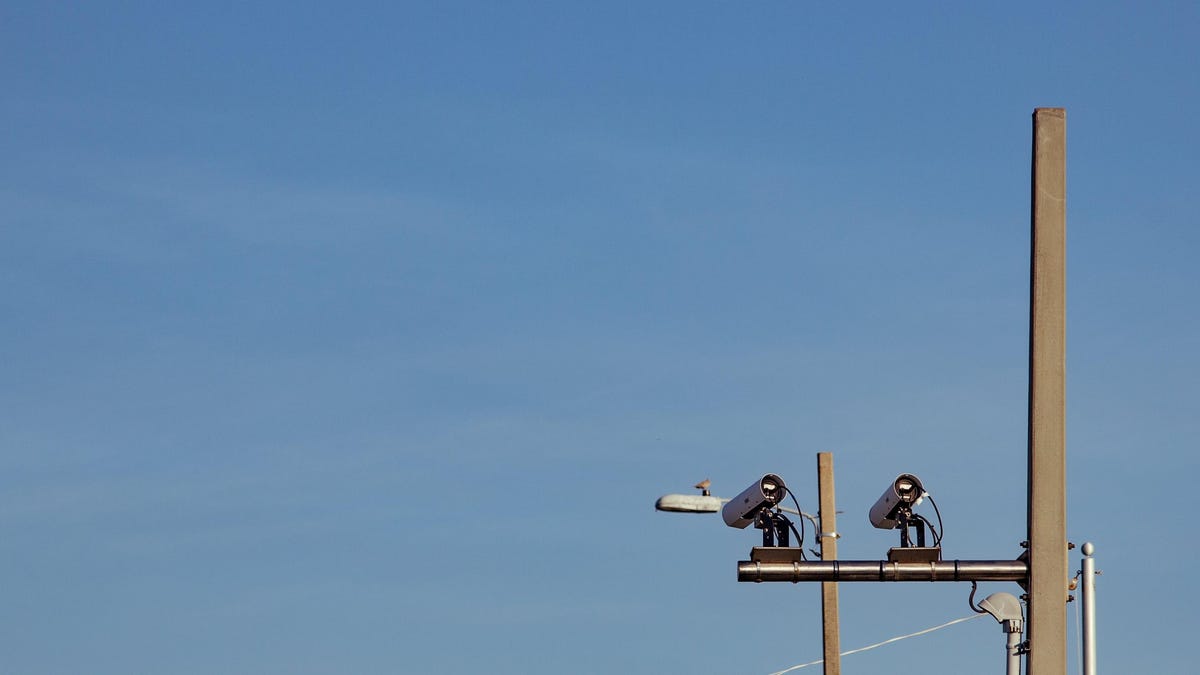License Plate Cameras Could Track People Traveling Across State Lines for Abortion Services

Experts have been ringing alarm bells about privacy on our increasingly surveilled roadways for years. Wired has a new story that illustrates a newly pressing danger in how American roads are surveilled: People seeking abortion care services could have their license plates tracked via millions of cameras and automatic license plate readers, both publicly and privately owned.
Wired has already argued that America’s vast surveillance state is primed to be used against American people, and not just those seeking abortions:
“None of the tactics we will see used to target pregnant people will be new,” says Albert Fox Cahn, executive director of the Surveillance Technology Oversight Project. “We’ve seen these same surveillance techniques developed in the name of immigration enforcement, national security, combating drugs, and so many other law enforcement priorities. And the truth is that when you develop those techniques, you are at the whim of those in power and whatever they next decide to call a crime.”
Used by both state and private actors, ALPRs can often be seen at entrances to toll roads, on patrol vehicles, or on roadside utility poles. They’re normally used to tally tolls, find stolen cars or issue tickets for speeding or red-light violations. But as lawmakers seek to restrict citizens from crossing state lines for medical care, and with Texas offering cash rewards for turning in anyone who “aids or abets” an abortion after six weeks, data collected by ALPRs will likely come into play. From Wired:
The police have access to not only license plate data collected by their own ALPRs but also data gathered by private companies. Firms like Flock Safety and Motorola Solutions have their own networks of ALPRs that are mounted to the vehicles of private companies and organizations they work with, such as car repossession outfits. Flock, for instance, claims it’s collecting license plate data in roughly 1,500 cities and can capture data from over a billion vehicles every month.
“They have fleets of cars that have ALPRs on them that just suck up data. They sell that to various clients, including repo firms and government agencies. They also sell them to police departments,” says Jay Stanley, a senior policy analyst at the ACLU. “It’s a giant, nationwide mass surveillance system. That obviously has serious implications should interstate travel become part of forced-birth enforcement.”
States have varying laws about how long law enforcement can retain such data, and who can access it. New Hampshire has one of the strongest data privacy laws in the U.S., and it gets pretty weak from there, experts told Wired:
Its statute states that ALPR data “shall not be recorded or transmitted anywhere and shall be purged from the system within three minutes of their capture, unless the number resulted in an arrest, a citation, or protective custody or identified a vehicle that was the subject of a missing or wanted person broadcast.” This type of law would prevent police departments from retaining data that could be utilized for long periods.
Like abortion laws, ALPR regulations vary state by state. New Hampshire isn’t storing this data for long, but Arkansas—which last month criminalized nearly all abortion care—allows the data to be stored for 150 days. Other states may limit license plate data storage to between 21 and 90 days. Georgia, whose pending law would ban abortions after the detection of fetal cardiac activity, allows police to store license plate data for up to 30 months after collection.
You can read the whole chilling report here.



